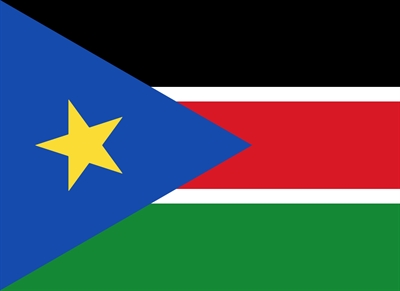South Sudan - CEDAW (LOI) - Death Penalty - June 2020
Country: South Sudan
Issues: Bias and Discrimination, Children's Rights, Death Penalty, International Advocacy, Legal Representation, Torture, Women's Rights
Mechanism: UN Committee on the Elimination of Discrimination against Women
Report Type: List of Issues
The Advocates for Human Rights, together with the World Coalition against the Death Penalty, submitted a Suggested List of Issues report related to the death penalty for the 78th Session of the Committee on the Elimination of Discrimination Against Women.
The death penalty remains an authorized form of punishment in South Sudan. Crimes eligible for the death penalty include any crime that results in the death of an individual, drug trafficking, or treason. While pregnant women and women with a child under two years old are officially exempt from the death penalty, sentences are often handed down by local courts in accordance with customary law. At least two of South Sudan’s courts are known to exhibit cultural bias towards women and girls, thereby impeding justice for many women.
As of January 2019, 387 individuals were on death row, including a woman with an infant child. The government of South Sudan maintains that a moratorium on executions has been observed since 2013, yet independent sources dispute this claim. Since gaining independence in 2011, South Sudan has executed 39 people.
The Advocates and the World Coalition Against the Death Penalty concluded the report with questions for the Government of South Sudan. Some suggestions include:
- Please describe the fair trial and due process safeguards in capital cases involving women defendants, including, among other things, how and under what circumstances they are provided with access to effective legal representation, safeguards prohibiting admissibility of evidence obtained through torture or ill treatment, and provisions to ensure the independence and impartiality of the judiciary.
- What safeguards are in place to ensure that no woman is executed while she is pregnant or caring for a young child?




